BU’s Centre for Midwifery, Maternal & Perinatal Health was well represented at a recent conference run by the Midwifery Association of Slovenia in Čateẑ. Professor Vanora Hundley and Luisa Cescutti Butler were invited by the President Anita Prelec to speak to midwives, nurses and students at their bi-annual conference: Skrb Za Dravje Žensk In Otrok.
 I was asked to speak on the issue of intervention in early labour, something that is causing concern in many European countries, and whether midwives should be encouraging women to stay at home for longer. I started my session with a tentative “Dober dan” (Good morning) – my pronunciation must have been acceptable as I received a round of applause! However, the rest of my presentation was thankfully in English. The presentation was well received and clearly generated a lot of interest with discussion continuing over lunch.
I was asked to speak on the issue of intervention in early labour, something that is causing concern in many European countries, and whether midwives should be encouraging women to stay at home for longer. I started my session with a tentative “Dober dan” (Good morning) – my pronunciation must have been acceptable as I received a round of applause! However, the rest of my presentation was thankfully in English. The presentation was well received and clearly generated a lot of interest with discussion continuing over lunch.
Luisa, a senior lecturer in midwifery, spoke about the examination of the newborn baby and who should be involved – the midwife or the doctor. This was a question that we had discussed the previous day at a round table event with key stakeholders in Slovenia. Her presentation also gave us the opportunity to ask midwives what they thought. Participants were asked to complete a short questionnaire before the presentation and a second brief questionnaire afterwards. We are looking forward to seeing their responses – although we will rely heavily on colleagues from the University of Ljubljana to translate them!
Funding for our Slovenian trip was through networking grants – an EUNF award for Vanora to discuss research collaboration and an ERASMUS Preparatory Visit award for Luisa to explore the possibility of a staff mobility exchange. We both achieved these aims (more on that in our next blog), but this additional opportunity was too good to miss.
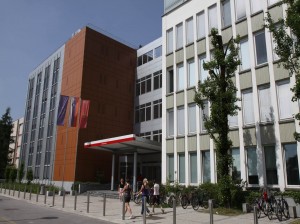




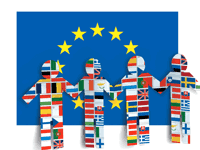
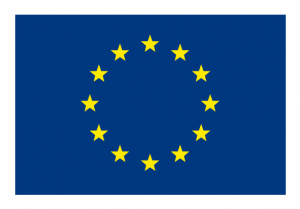
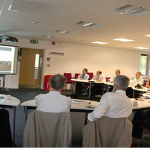

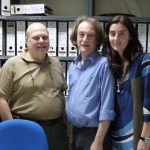
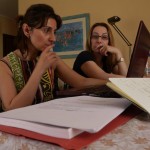
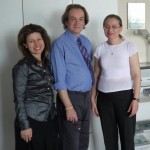
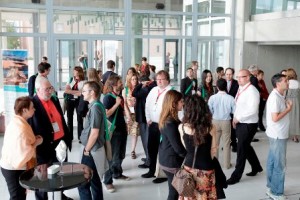
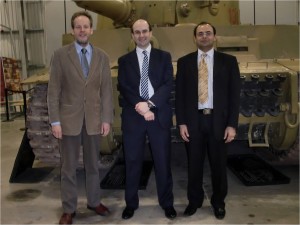
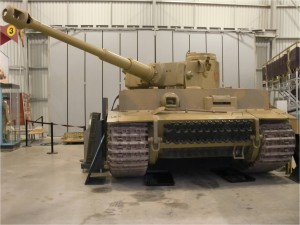
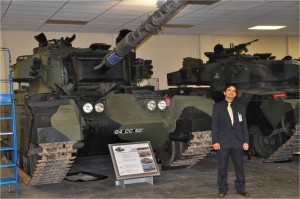
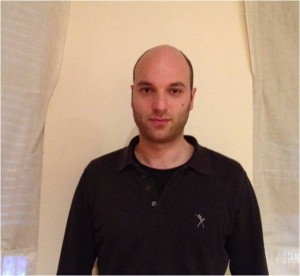
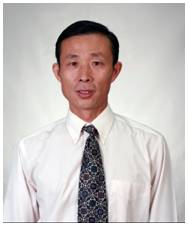

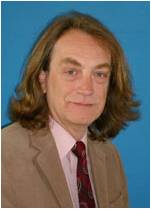
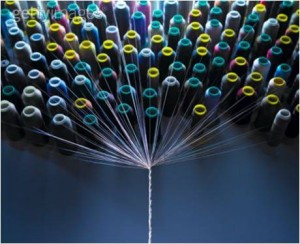
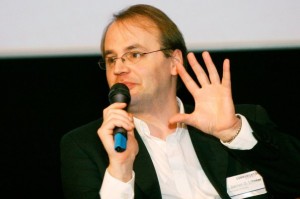
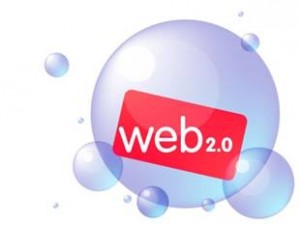












 SPROUT: From Sustainable Research to Sustainable Research Lives
SPROUT: From Sustainable Research to Sustainable Research Lives BRIAN upgrade and new look
BRIAN upgrade and new look Seeing the fruits of your labour in Bangladesh
Seeing the fruits of your labour in Bangladesh Exploring Embodied Research: Body Map Storytelling Workshop & Research Seminar
Exploring Embodied Research: Body Map Storytelling Workshop & Research Seminar Marking a Milestone: The Swash Channel Wreck Book Launch
Marking a Milestone: The Swash Channel Wreck Book Launch ECR Funding Open Call: Research Culture & Community Grant – Application Deadline Friday 12 December
ECR Funding Open Call: Research Culture & Community Grant – Application Deadline Friday 12 December MSCA Postdoctoral Fellowships 2025 Call
MSCA Postdoctoral Fellowships 2025 Call ERC Advanced Grant 2025 Webinar
ERC Advanced Grant 2025 Webinar Update on UKRO services
Update on UKRO services European research project exploring use of ‘virtual twins’ to better manage metabolic associated fatty liver disease
European research project exploring use of ‘virtual twins’ to better manage metabolic associated fatty liver disease